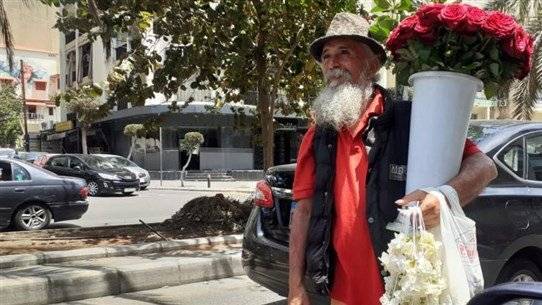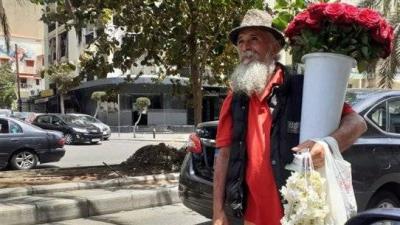The streets of the city are sad, pale like the faces of our dark days. Joy has left since it buried its children like grains of wheat beneath the dust of the grain silos. The streets of the city are dark, like the fate that controls the daily lives of the people. They are strange, for despite the traffic jam during midday, nothing suggests life except people racing after crumbs of dignity.
Just like the gloomy shopfronts, the broken traffic lights, and the weary security men, people's faces show no expressions that reveal what their hearts conceal. Only anxiety is not hidden by their eyes, revealing everything that unsettles and frightens them about a day heavy with worries and a tomorrow with no sun to hint at its forthcoming dawn.
A few days ago, the city's sky erupted with the joyous noise of gunfire. How unfortunate is this habit, and how worse is a people who rejoices with no loaf of bread in their home, no light, and no water, yet finds a valid cause for their celebration and the practice of their incomprehensible rituals. But the city remains in its sorrow; faces do not smile, children do not run after the ice cream and cotton candy sellers, nor does the lupin seller play his pots' tune in the alleys.
Amid all the pain, a seller appears, looking foreign to the daily life of the city, laughing at everyone who passes by, carrying bouquets of red roses matching the color of his clothes, and clutching gardenia wreaths for necks that long for diverse mornings and appointments. He looks exhausted and tired, his eyes striving to complain despite his smile, yet many details pull you towards him: the scent of the perfume from the flower bouquets in his hands, his beard, his tan, and his upward gaze as if he is waiting for relief.
He may just be a man whose home walls have closed in on him, like all the children of this country in our miserable days, yet like his elegant flowers, when you ask to take his picture, he responds quickly with a smile that rivals the wrinkles on his cheerful face. No, this man is not a supplicant nor merely a flower seller; he is a seller of hope in a city that has not accustomed itself to breaking and will not break. A city that has not accustomed itself to death and will not die. A city that has not accustomed itself to sorrow, which will not linger for long. We will not lose our tomorrow like the seller of hope on the road to Mazra'a, and how much we need sellers of flowers and sellers of hope instead of all the sellers of lies, pain, hunger, and blood—of which there are many.




